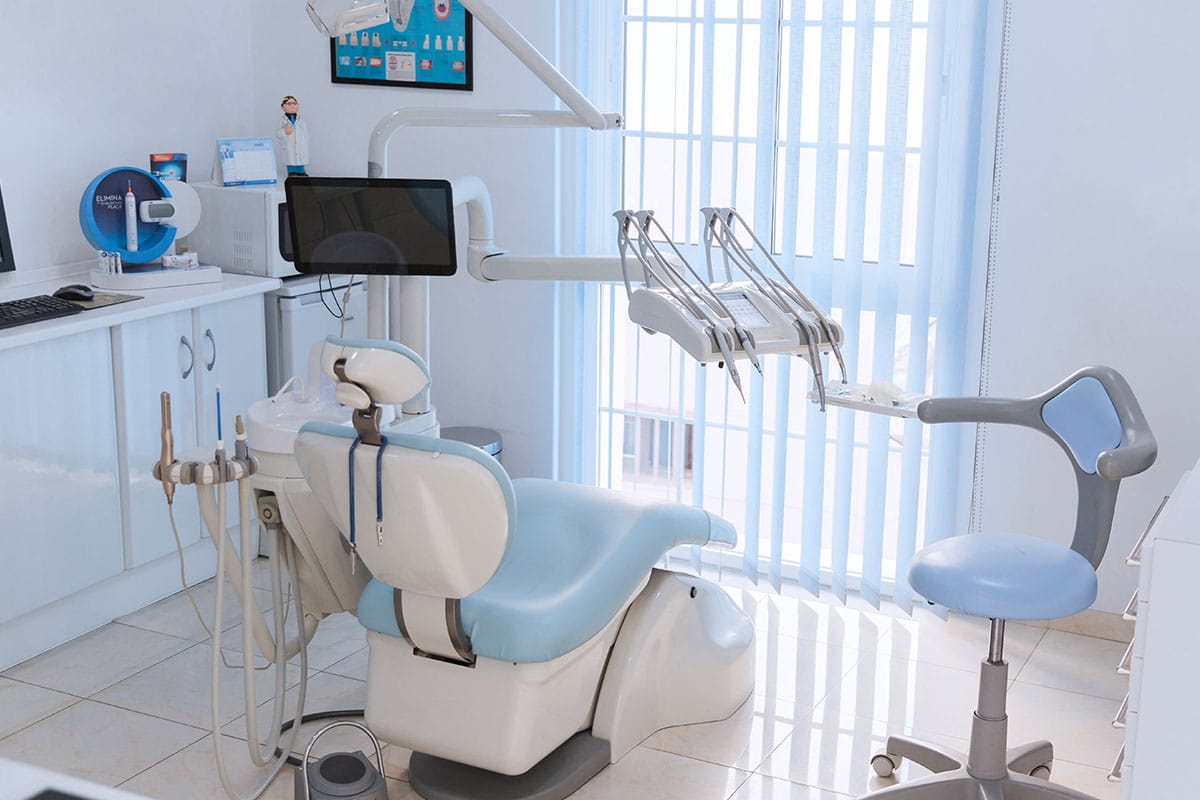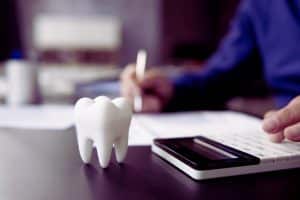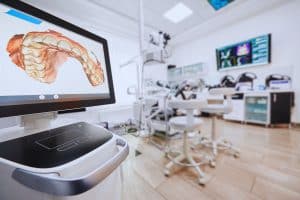In some previous blog posts, we explained the importance of strategic due diligence in a dental practice acquisition. This process involves an in-depth examination of every aspect of a practice, including financial statements, operational systems, inventory, assets, and equipment. Evaluating the condition of the company’s physical assets, such as buildings, facilities, and equipment, is essential for understanding maintenance and replacement schedules as well as the associated costs. It’s also one of the factors that will determine the price of a dental practice.
Since this topic is so important, in this blog post, we will discuss why the due diligence process involves analyzing equipment and facilities. We will explore the specific types of equipment that need attention, and explain the best way you can help your attorney or dental CPA during this procedure.
Why Do You Need to Check Equipment and Facilities Regularly?
Patient Care and Experience:
Providing top-notch patient care and experience is fundamental to any dental practice. The quality and condition of your equipment directly impact the services you provide. Think about it: Outdated or malfunctioning equipment can lead to treatment inefficiencies and compromise your credibility as a dentist.
Regulatory Compliance:
You might already be aware the dental industry has strict regulations to guarantee the safety and well-being of patients. Frequently inspecting your equipment and facilities is key to guaranteeing adherence to these standards and regulations. This will protect your practice from legal complications such as fines and monetary penalties, license suspension or revocation, and even legal actions.
Operational Efficiency and Cost Savings:
Up-to-date and well-maintained equipment enhances the overall efficiency of your practice. It reduces downtime, minimizes the risk of unexpected breakdowns, and ultimately contributes to cost savings in the long run. Strategic analysis helps identify areas for improvement, replacement, or technological upgrades. This optimizes your operational costs.
Competitive Edge:
Maintaining a modern and well-equipped practice in a saturated market can set you apart from the competition. Patients are increasingly discerning when choosing healthcare providers, and an aesthetically pleasing, state-of-the-art facility inspires confidence and attracts a broader clientele.
Types of Equipment and Facilities:
In this section, we’ll break down the types of equipment and facilities your dental CPA should check during a due diligence process.
- Diagnostic and Treatment Equipment: This category includes dental chairs, X-ray machines, intraoral cameras, and other diagnostic tools essential for patient examinations and treatments.
- Sterilization and Infection Control Facilities: Infection control is paramount in a dental setting. Autoclaves, sterilization equipment, and the overall cleanliness of the practice contribute to patient safety.
- Digital Technologies: With the rapid advancement of digital technologies, integrating tools such as electronic health records (EHRs), digital impressions, and CAD/CAM systems can significantly enhance the efficiency and precision of dental procedures. Evaluating the integration of these technologies into your practice is crucial for staying competitive and providing top-notch care.
- Facility Infrastructure: Beyond equipment, the physical infrastructure of your practice is equally important. This includes the layout of treatment rooms, waiting areas, and the overall ambiance. A comfortable and welcoming environment positively influences the price of a practice during the acquisition process.
Performing the Analysis of Your Equipment: Step-by-Step
Inventory Compilation:
The process usually starts with creating a detailed inventory of all equipment and facilities in your practice. They should be categorized based on their function, age, and criticality to daily operations. This inventory serves as the foundation for the due diligence process, providing a systematic overview of your practice’s assets.
Technology and Innovation Assessment:
After analyzing your equipment, it’s important to examine its technological relevance and identify any outdated or soon-to-be-obsolete equipment that may impact the practice’s efficiency and competitiveness. Here the professional will analyze the physical infrastructure, noting any renovations or repairs required.
In this step, a market comparison brings a lot of insights into the industry standards. Approaching dental equipment suppliers and technology experts will help you stay informed about the latest trends and advancements in dental technology. These experts can provide guidance on the most suitable equipment and facility upgrades based on your practice’s unique needs.
Operational Impact:
To check the operational impact, the professional can perform a workflow analysis, assessing how the existing equipment and facilities contribute to the overall efficiency of the dental practice. Identify any bottlenecks or areas that could be improved.
Simultaneously, an evaluation of staff training and competency is essential. What’s the proficiency of the team in utilizing the equipment? This analysis helps identify training needs and skill gaps to ensure the practice runs smoothly with well-trained staff.
Risk Assessment and Compliance Check:
As we mentioned before, your dental practice must comply with some industry regulations and standards, and that includes your equipment. In this process, your dental CPA will examine if you adhere to infection control protocols, sterilization procedures, and equipment maintenance to maintain a hygienic environment.
He will also check licensing and certification requirements as well as data protection laws that regulate the secure handling of patient information acquired through dental equipment.
Recommendations and Action Plan:
In the final step, the professional will provide recommendations on whether specific equipment needs upgrading or replacement based on technological advancements, operational efficiency, and budget considerations.
Moreover, he’ll offer financial projections for the recommended changes. This includes a thorough analysis of potential return on investment (ROI) and considerations for long-term cost savings.
In conclusion, strategic due diligence for dentists involves a meticulous analysis of equipment and facilities. Recognizing the importance of this process, understanding which components to assess, and implementing a comprehensive analysis in the context of a dental practice are crucial steps toward long-term success.
Choosing the Right Professional
Now that you’re aware of the importance of a due diligence process, you should consider partnering with Dental CPA in California for expert insights. Our team understands the dental industry inside and out. Our commitment to excellence and detailed analysis ensures you receive the most accurate and beneficial information for your practice’s success.
Whether identifying growth opportunities, assessing technology integration, or evaluating your equipment, we will help you with your buying or selling process. Contact us here.




